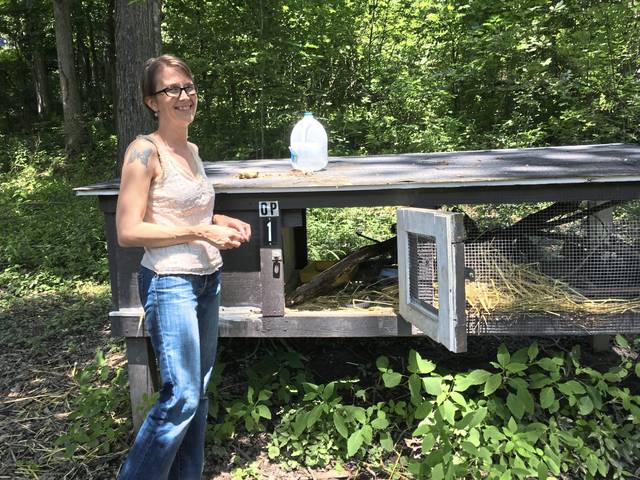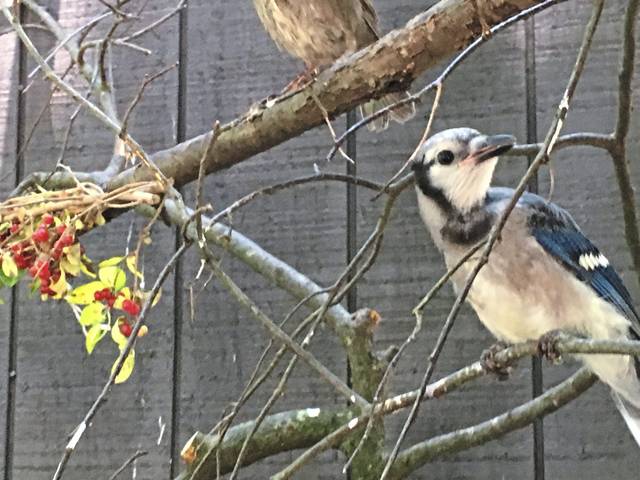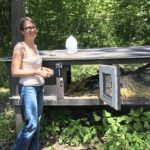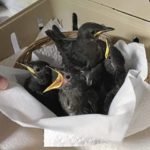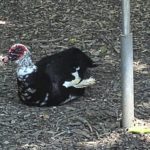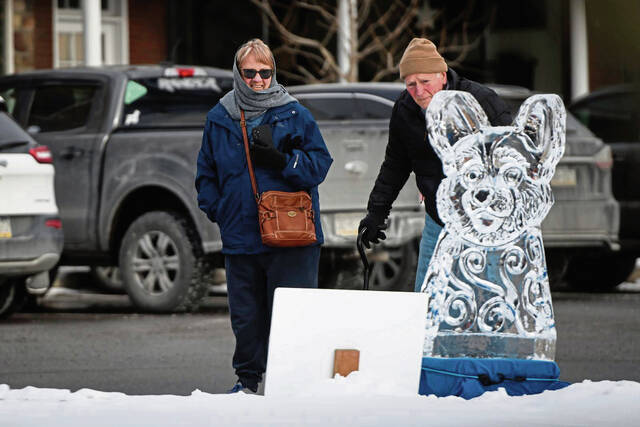It’s the busy baby season at Wildlife Works, Inc. in Youngwood. The nonprofit has lots of critters to care for and many hungry mouths to feed.
What it’s short on is volunteers, says Monica Leuthold, office manager.
College students from the local area often help out during the summer, while out-of-town students studying locally often pitch in during the school year, Leuthold says.
Retirees fill in during the day, and those with day jobs volunteer in the evening.
Leuthold hopes to add seven or eight more volunteers to her roster of about 38 very soon.
Minimum age for volunteers is 18.
“We ask for (a time commitment of) four hours a week,” she says.
In the spring, there are “lots and lots of babies” to care for; in the quieter winter season, administrative help is just as welcome.
“It’s on the job training,” says Leuthold.
Shifts begin at 10 a.m. daily, with a 6 p.m. evening shift.
“We can fit you in somehow,” Leuthold says.
She started volunteering after reading a newspaper article seeking volunteers seven years ago.
“I had no experience other than my dog and cat at home. That’s not very relevant to what we have here. It’s hard to get (people with) wildlife experience,” she says.
Volunteers will learn procedures and protocols; help with feeding, medicating and treating wildings; wash dishes; do laundry, and document supply shortages, according to its website.
The nonprofit typically treats up to 700 wildings a year, releasing about half.
“We take all birds, water fowl, raptors, song birds, small mammals, opossums, bunnies, reptiles and amphibians,” Leuthold says.
Potential volunteers must understand the cycles of life, she notes, and that not all animals survive.
“It’s sad, I agree, but it comes with the territory,” she says.
Volunteers can work indoors and outdoors at the facility.
High school and college students interested in working with animals can gain good experience, Leuthold says.
During a recent tour, she showed a visitor some young European starlings, who greeted her attention with wide-open mouths.
“Sometimes birds fall out of a nest,” she says.
A Muscovy duck that arrived with a fishing hook stuck in its mouth struts around the property near a squirrel enclosure.
“This is his home now,” Leuthold says.
Many opossum babies are brought to Wildlife Works after their mom is injured or killed. The mothers carry their babies in a pouch, and later on their backs, she says. Those in the pouch may survive, and sometimes an older one falls off mom’s back and is later rescued.
Several opossum babies peered out from an outdoor hutch, filled with leaves and branches, where they get used to night sounds and are eventually released into the wild.
Starlings and blue jays flew and perched within an enclosure.
“A lot of songbirds get released here,” Leuthold says.
A red-tailed hawk, raven and great horned owl on site are being rehabilitated, with a hoped-for return to the sky.
Anyone interested in volunteering can contact the site.
Details: 724-925-6862 or wildlifeworks.com


